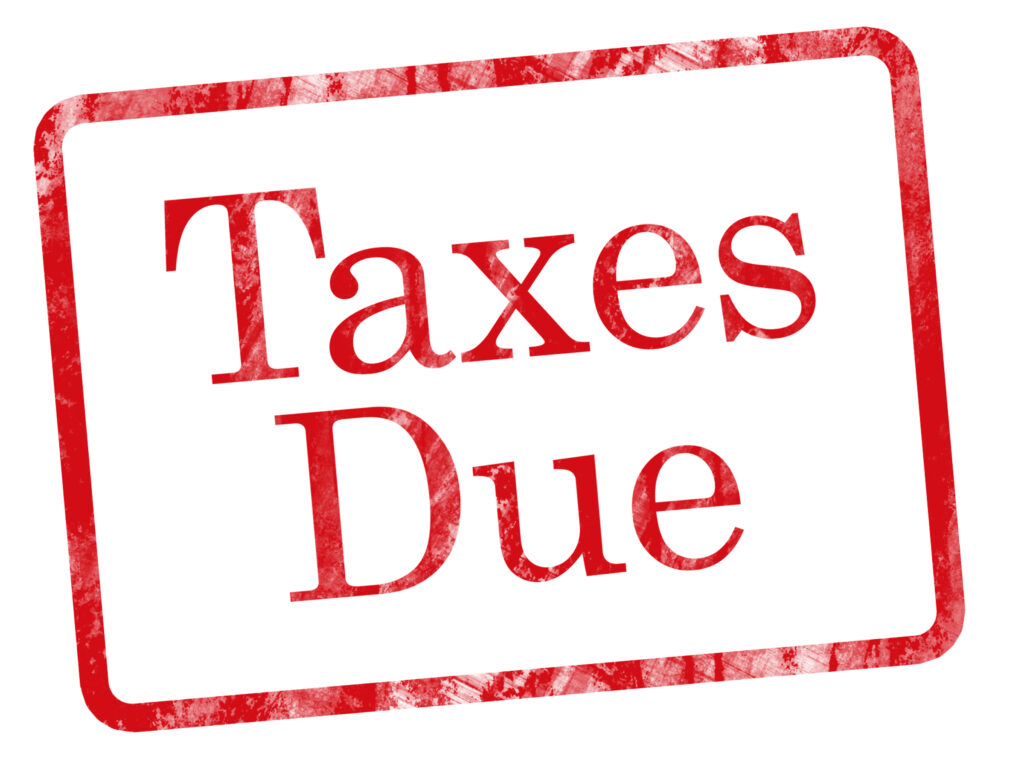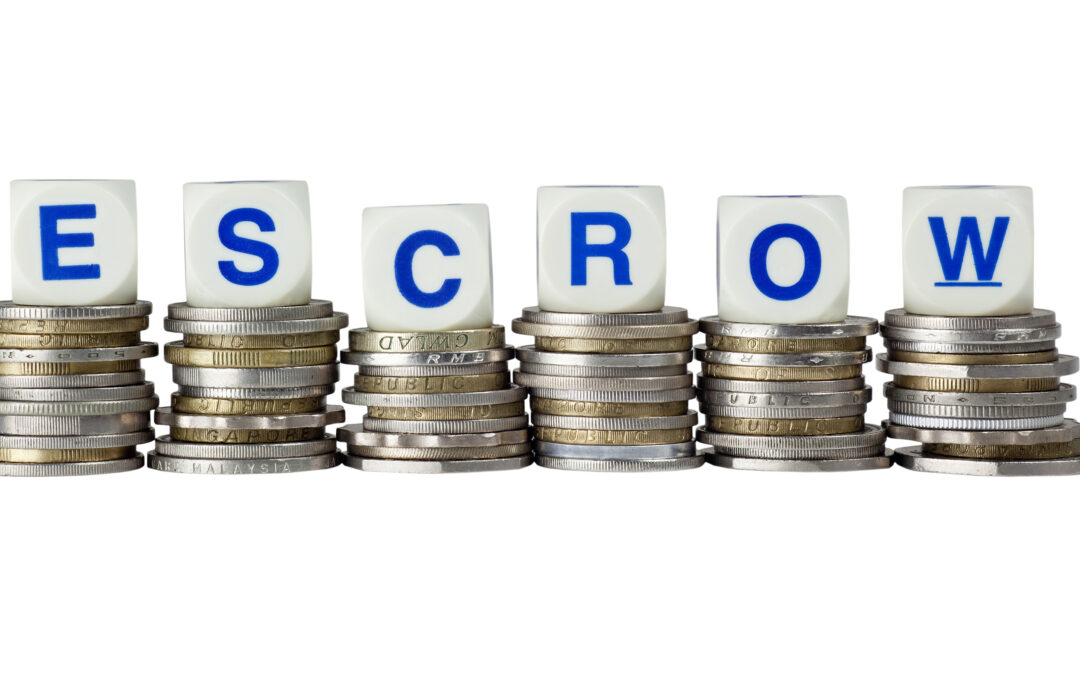List of Contents
- 1 What is Escrow?
- 2 Where Does The Word Escrow Come From?
- 3 Why Do We Use Escrow in Large Business Transactions?
- 4 How Escrow Real Estate Taxes Work
- 5 Will The Payment Amount Ever Change?
- 6 What Are Some Reasons Why An Escrow Payment Might Change?
- 7 How Will I Know If My Escrow Payment Changes?
- 8 What Information Is Necessary To Create an Escrow Agreement?
- 9 Let Bay Area Escrow Services Help
What is Escrow?
Escrow is a financial arrangement where a trusted third party is given funds to hold and disperse according to an agreed-upon contract. In the context of real estate transactions, escrow is often used in the purchase of a home. An escrow account is used to hold and manage the money that will be set aside — escrow real estate taxes and insurance, for example. These are usually set up by your mortgage lender during the purchase process of purchasing your house. Each month, you pay a specified amount into your escrow account in addition to your mortgage payment, so that your account is always funded when property taxes and insurance premiums are due.
Where Does The Word Escrow Come From?
The word “escrow” has it’s roots in the Old French word “escroe” or “escroue” which means roll of parchment, or scrap of paper. It references the deed – a document that was held by a third party until the purchase terms have all been met, and the transaction is complete.

Why Do We Use Escrow in Large Business Transactions?
Escrow benefits all vulnerable parties in a home buying transaction. For the homebuyer, it greatly simplifies the process of budgeting a house and takes away some of the unplanned expenses associated with homeownership. For the lender, it ensures that the tax and insurance payments on the property will always be paid on time, since late payment could result in unwanted complications for everyone, such as tax liens or lapses in insurance coverage. Escrow real estate taxes in the bank create security and peace of mind in your finances.
How Escrow Real Estate Taxes Work
During the process of applying for the loan, your lender will estimate the annual property taxes and insurance premiums for your house, using the current value of your home. Once they have this estimate, they will divide it by 12 in order to determine your monthly escrow payment, and this will be added to the amount of your mortgage. You will only make one payment directly to your lender.
Will The Payment Amount Ever Change?
Yes, payment amounts can fluctuate for a number of reasons. Once a year, your lender will review your account to make sure that the balance is sufficient to cover the obligations associated with your mortgage. If the balance is too high, you will receive a refund. If the balance is too low, your monthly obligation will be adjusted to make up the difference in the coming year.
What Are Some Reasons Why An Escrow Payment Might Change?
It’s best to be prepared for the unexpected financial changes that can occur after purchasing a home, so you can sail through complications with ease. The escrow payment on your mortgage can change due to several reasons:
- Property Taxes – One of the most common reasons for the change, if your local tax rates rise (or fall, ha!) your mortgage lender will account for this change by adjusting your payment, and so your escrow real estate taxes will change.
- Insurance Change – A change in your homeowners insurance premium or switching to a new insurance carrier can alter your payment.
- Private Mortgage Insurance (PMI) Changes – Some mortgage loans require that you attain PMI to be approved for a loan, and thus any changes to those rates will affect your bottom line.
- Interest Rate Changes – If you refinance your home for a better rate, your overall payment may decrease, though it will not directly impact the escrow side of the payment.
- As we mentioned above, once a year your lender will review your escrow account to ensure that there are enough funds to cover your taxes and insurance.
How Will I Know If My Escrow Payment Changes?
Most lenders will send an Escrow Payment Change Notice, before your payment changes. It is important to review this notice thoroughly, so you can understand the changes. Contact your lender with any questions.
What Information Is Necessary To Create an Escrow Agreement?
While every contract and every situation is unique, here is a short list of information you are very likely to need, when you begin the process of entering escrow, and should be sure to have on hand:
- Full names, addresses, and contact information for both Buyer and Seller
- Property Address, Assessor’s Parcel Number, legal description, and HOA information, if applicable
- Lien and/or payoff information of existing encumbrances (Copy of Note and Deed of Trust, if private lender)
- Seller Carryback terms or Institutional Lender information, as applicable
- Fire insurance information; can be handled through escrow depending on requirements
Let Bay Area Escrow Services Help
Bay Area Escrow Services has decades of experience providing real estate professionals and homebuyers alike with unmatched professionalism and fiduciary care. As a Settlement Agent, we have the honor of acting on behalf of both parties to protect the interest of each, under the authority of the Escrow Instructions. What we mean is — if you need help with escrow real estate taxes, we can help.
Whether it’s a home purchase, refinancing, payoff only transaction or something else entirely, you can trust Bay Area Escrow to make sure the process goes smoothly for all parties. Call us today, to set up an appointment.

